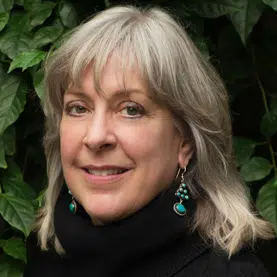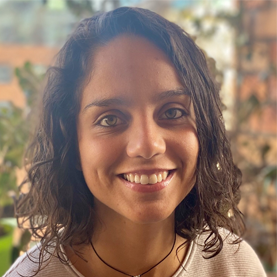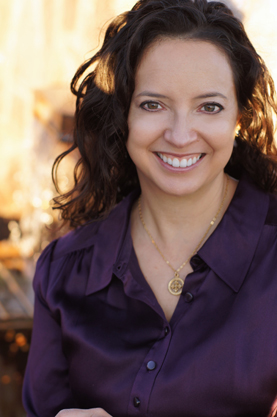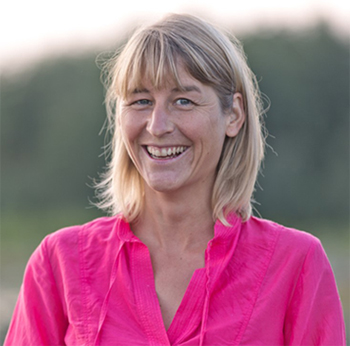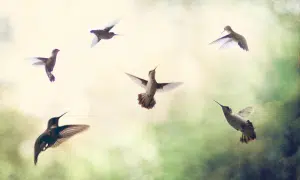 When we have the gift of hummingbird wisdom, we spare ourselves much suffering because we know when to speak and when to be silent, when to act and when to simply observe. We stop getting in our own way as we reclaim our birthright as co-creators of beauty and harmony and as sages drawing upon wisdom beyond our own. We redefine what our “work” is: we stop mistaking our career or job for what we are here to do. All of us are here to be, to learn, to teach, to heal, to inspire, and so on, and this work can take many forms, changing over time.
When we have the gift of hummingbird wisdom, we spare ourselves much suffering because we know when to speak and when to be silent, when to act and when to simply observe. We stop getting in our own way as we reclaim our birthright as co-creators of beauty and harmony and as sages drawing upon wisdom beyond our own. We redefine what our “work” is: we stop mistaking our career or job for what we are here to do. All of us are here to be, to learn, to teach, to heal, to inspire, and so on, and this work can take many forms, changing over time.
As we learn to be still like a hummingbird in flight and witness what we are experiencing, reorganizing the outer world will happen naturally without our having to exert extra effort. And when we do act, we are more likely to be in alignment with our purpose rather than acting from a need to fix the world around us and get it to conform to our expectations.
Hummingbirds measure just a few inches across, yet annually they migrate all the way from Canada to South America, stopping to refuel only after flying countless miles over the ocean, when they reach Cuba. They embark on this journey regardless of the odds against them. And wherever they feed, drawing in the nectar of flowers through their long beaks, they leave behind traces of pollen from other blossoms. This exchange demonstrates reciprocity: they receive life-sustaining nourishment and contribute to the flowers by pollinating them. They don’t gather any more nectar than is necessary.
The gift of hummingbird medicine is to see our lives as mythic journeys like the ones countless others have taken and will take, grand journeys in which the names and details change. We may not know the names and faces of our ancestors who overcame hardship, traveling far from their homes over lands and seas that were often inhospitable, risking all to follow a dream of a better life or the call to exploration. We may never know the stories of individuals who fought to protect their clans or villages and preserve their way of life in the face of those who hoped to wipe them out and take over their grounds for hunting and gathering. But we recognize ourselves and the possibilities for us that are inherent in the inspiring lore passed down through oral traditions (and more recently, in books and movies).
The desire to be acknowledged for our individual achievements is driven by the patriarchal drive: We’ve forgotten what an extraordinary honor and thrill it is to play even a very small, destined-to-be-forgotten role in the larger story of the human experience. In contrast, when we’re in touch with our matriarchal instinct, we recognize the value of our individual contribution in harmony with that of others and of the times. We see that life isn’t a competition focused on victory but on collaborative interaction. We take action and sit quietly, witnessing all that arises in the silence and stillness. We step forth and back, knowing when to give and when to receive, carrying out a harmonious and exquisite dance.
In the North, the direction of the hummingbird, we can enter into the mythic Eden, the fabled paradise from which we were ejected, where we can eat from the tree of knowledge of good and evil without any fear of punishment. Here is the garden where sages can grow their wisdom. In this lush and fertile land, we can once again recognize who we are in our fullness and know what it is to be our natural selves. We once again walk in beauty, speak to the rivers and trees and clouds, and dialogue with Spirit, just as we did when in our original paradisical state. We discover we can have a reciprocal, collaborative relationship with the divine. Then, we choose to live in ayni, in harmony.
Are you ready to choose a reciprocal, collaborative relationship with the divine and live in harmony?



